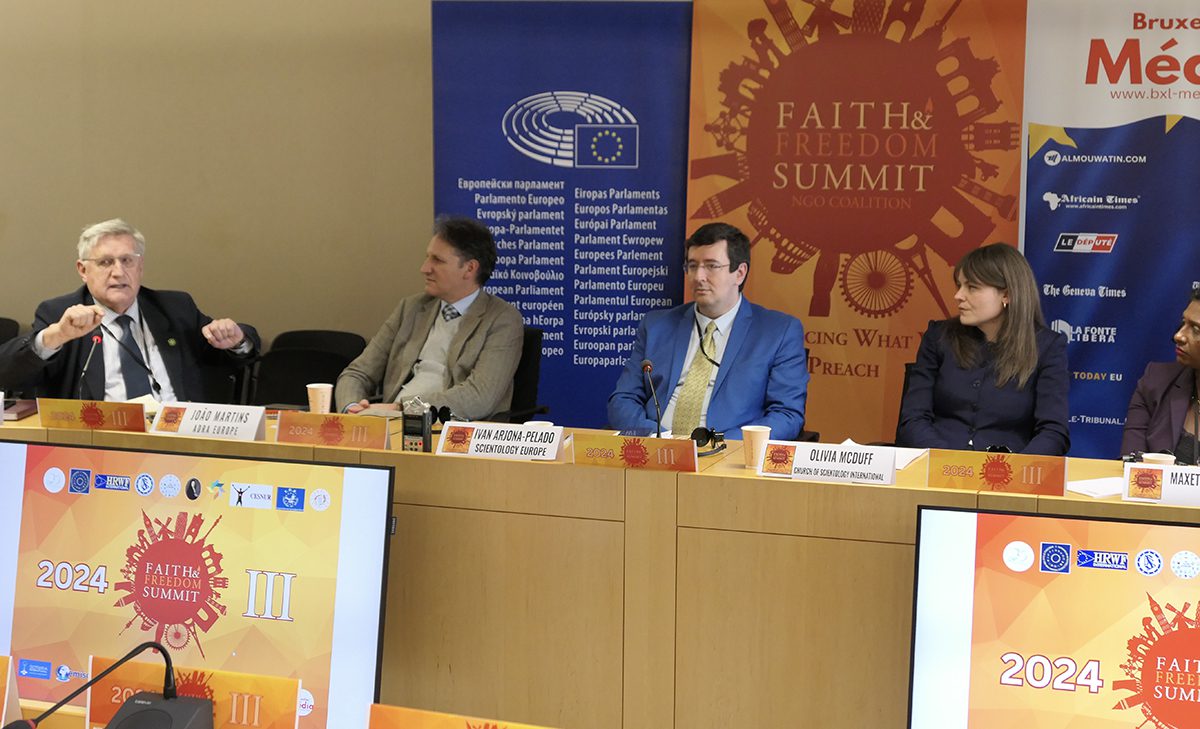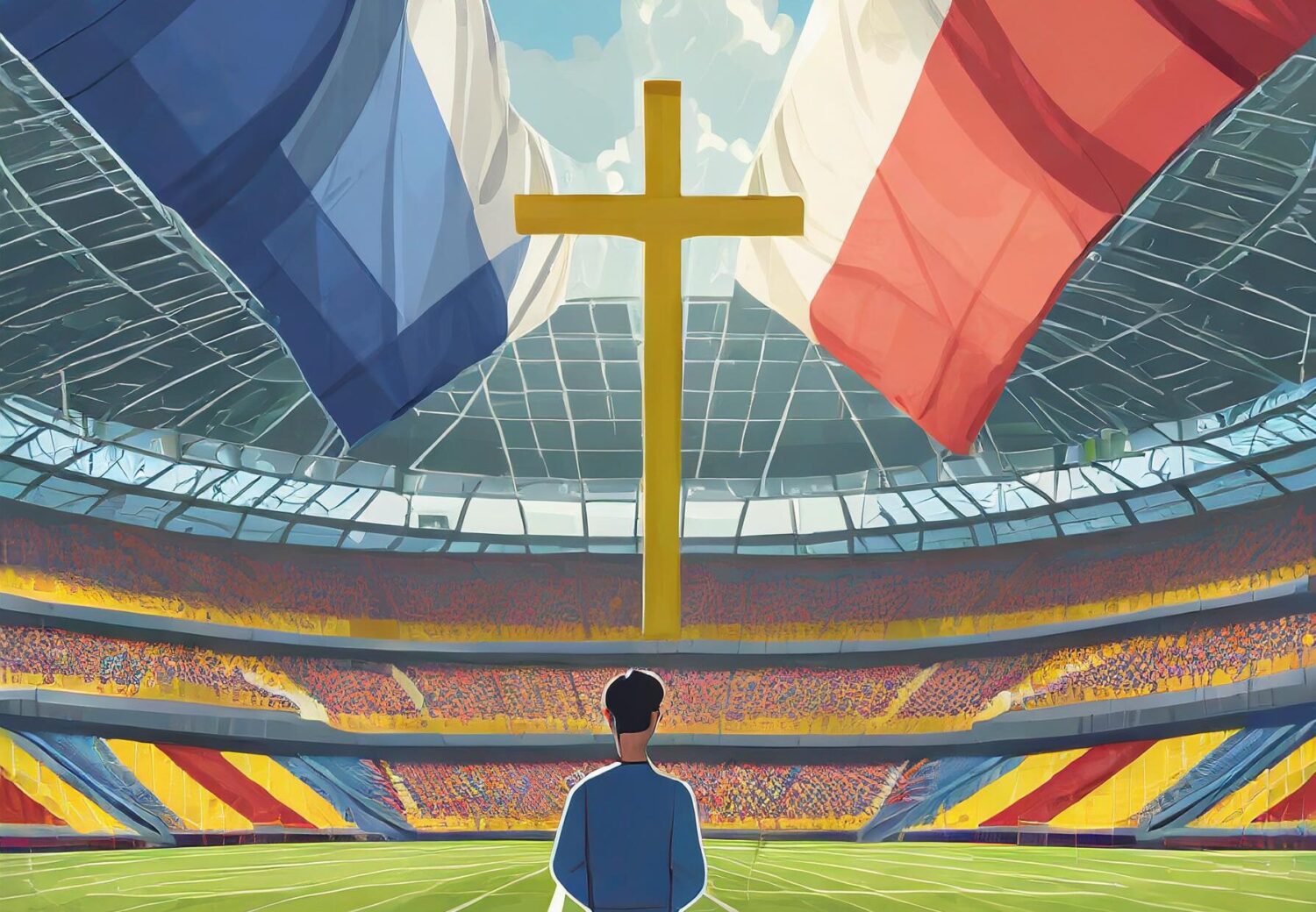A conference at the European Parliament to make the world better
The social and humanitarian activities of minority religious or belief organizations in the EU are useful for European citizens and society but are too often ignored by political leaders and media outlets.

This was the message sent by a wide range of speakers with various religious and belief backgrounds at the Faith and Freedom Summit III hosted at the European Parliament in Brussels on 18 April.
However, the work of these minority organizations with their awareness of climate change or anti-drug campaigns, their aid programs to refugees and homeless people, on the sites of earthquakes and other natural disasters, deserves to be highlighted, recognized and known in order to escape invisibility and sometimes unfounded stigmatization.
In the framework of this conference, I used the debate time to share some views and reflections from a human rights perspective that I summarize in a structured way hereafter.
Social and humanitarian activities of religious or belief organizations ignored and silenced
The numerous presentations by spokespersons of minority religious and philosophical organizations which enriched this conference highlighted the importance and the impact of their humanitarian, charitable, educational and social activities to make the world a better place to live. They have also shown that they are useful to the States of the European Union which cannot solve all social problems alone without the contribution of this segment of civil society.
However, there is practically no trace of their activities in the media. We may wonder about the underlying reasons for this situation. Social work is a form of public and visible expression of these organizations. Expressing one’s personal faith through contribution to these activities does not bother anyone. However, doing so in the name of a religious entity is sometimes perceived by secular movements and their political relays as competitive with their philosophical convictions and as a potential danger of the return of the influence of historic Churches which for centuries have dictated their law to States and their sovereigns. Media outlets are also permeated by this culture of secularization and neutrality.
In the shadow of this distrust, religious or philosophical minorities are suspected by these same actors, but also by dominant Churches, of using their social and humanitarian activities as a tool for public self-promotion and to attract new members. Last but not least, some minorities have found themselves for more than 25 years in blacklists of so-called harmful and undesirable “cults” which were drafted and endorsed by a number of EU states and widely disseminated by the media. However, in international law, the concept of “cult” does not exist. Furthermore, the Catholic Church should remember that the famous Mother Teresa in India, despite her Nobel Peace Prize, was accused of wanting to convert the untouchables, and others, to Christianity in her Catholic hospitals and educational institutions.
What is in question here is the freedom of expression of religious or philosophical minority groups as collective and visible entities, which are not hiding their identity in the public space.
These faith-based organizations are seen as “undesirable” in certain European countries and considered a threat to the established order and right-thinking. The reaction is then in political circles and in the media to keep silent about their constructive social and humanitarian activities as if they had never existed. Or, through activism hostile to these movements, they are presented in a completely negative light, such as “it is undue proselytism”, “it is to recruit new members among the victims”, etc.
Towards more inclusive societies in the European Union
Double standards must be fundamentally avoided in the political and media treatment of civil society actors to avoid any damaging tension and hostility between social groups. Segregation leading to fragmentation of society and separatism breeds hatred and hate crimes. Inclusiveness brings respect, solidarity and social peace.
Coverage of social, charitable, educational and humanitarian activities of religious and philosophical groups must be equitable. Justice must be done, at its fair value and without prejudice, to anyone who contributes to the well-being of the citizens of the European Union.





